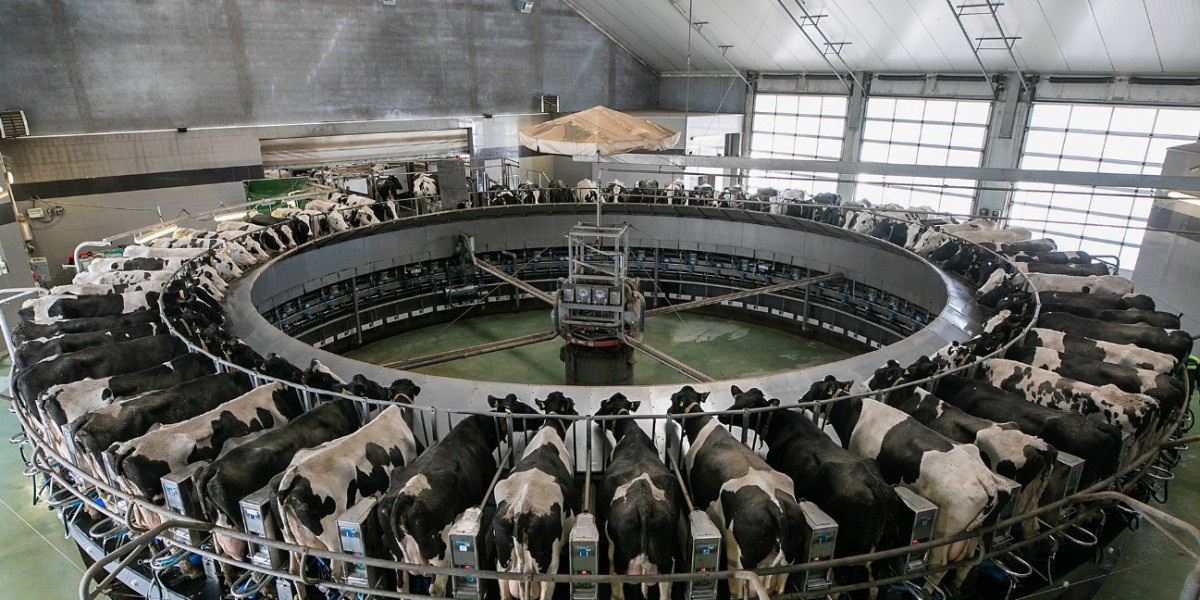In recent years, as residential areas grow and develop, the demand for effective security measures has become paramount. Homeowners are increasingly looking for ways to protect their properties, belongings, and families from potential threats. One of the most effective solutions is hiring security guards dedicated to safeguarding residential properties. Security guards play an essential role in preventing residential break-ins, providing a visible deterrent, and ensuring peace of mind for residents. This article delves into the critical functions security guards perform and how they significantly reduce the risk of break-ins and crime.
The Visual Deterrent of Security Guards:
A security guard stationed at a residential property serves as a powerful visual deterrent to potential criminals. Criminals often target homes that appear unguarded or vulnerable, as the absence of security makes it easier for them to commit a crime without detection. When security guards are visibly present, potential intruders are less likely to attempt a break-in because they know there is a high likelihood of being confronted and caught. This deterrent effect alone can prevent many break-ins before they even occur. In many cases, the mere sight of a guard is enough to make criminals think twice, leading them to seek easier targets elsewhere.
Monitoring and Patrolling Residential Premises:
A security guard’s responsibilities extend beyond simply standing at a post; they actively monitor and patrol the residential premises to ensure everything is secure. Regular patrolling—whether on foot, by bike, or in a vehicle—allows guards to cover a larger area, making it difficult for intruders to find a way in. Patrolling also helps guards identify any potential security vulnerabilities in the property, such as weak fences, broken locks, or areas with insufficient lighting. By regularly checking these elements, security guards play a proactive role in preventing break-ins and ensuring that the entire area remains safe.
Quick Response to Suspicious Activity:
Unlike automated security systems, security guards can assess situations in real time, react swiftly to suspicious activity, and adapt their response accordingly. If a security guard spots someone lurking near a property or attempting to breach a fence, they can approach and question the individual or call for backup if needed. Their presence alone often deters the person, but if further action is required, they are trained to handle the situation calmly and effectively. This rapid response is critical in stopping potential break-ins and can often prevent a minor incident from escalating into a more significant security breach.
Effective Communication with Law Enforcement:
Security guards are also trained to communicate efficiently with law enforcement agencies. In the event of a break-in or attempted intrusion, a security guard can quickly contact local police, providing them with a detailed description of the incident, the suspects, and any pertinent evidence. This quick relay of information can significantly enhance law enforcement’s ability to respond promptly and effectively. Moreover, guards’ experience in de-escalating situations may prevent the need for police intervention altogether, as they can often resolve issues peacefully without requiring additional force.
Use of Surveillance Technology:
Modern security guards often use advanced surveillance technology, such as CCTV cameras, motion detectors, and access control systems, to monitor residential areas more effectively. While many residential buildings already have surveillance systems in place, having a security guard who actively monitors these feeds adds an extra layer of protection. Security guards can spot suspicious activity or people and act immediately, rather than waiting for a remote alarm response. By using this technology in tandem with their patrols, guards create a multi-layered approach that helps ensure thorough protection against potential threats.
Building Strong Relationships with Residents:
One often overlooked but crucial aspect of a security guard’s role is building trust and rapport with the residents they protect. When residents feel comfortable around security guards, they are more likely to report unusual activity, share information about security concerns, and communicate effectively. These open lines of communication enable security guards to be more aware of potential issues and take preventive measures before a problem escalates. Furthermore, residents who feel connected to their security personnel are more likely to adhere to security guidelines, which enhances the overall safety of the residential area.
Preventing Package Theft and Property Vandalism:
In addition to preventing break-ins, security guards play a vital role in reducing instances of package theft and vandalism, both of which have become increasingly common in residential areas. Security guards can monitor common areas, such as mailrooms and courtyards, to ensure packages are not stolen and that property remains intact. By being present and vigilant, guards can deter vandals and catch potential thieves in the act. Their role in preventing these smaller, but still impactful, crimes further contributes to the sense of security that residents feel in their homes.
Providing Security During Emergencies:
Security guards are often trained to handle emergency situations, such as fires, medical emergencies, or natural disasters. In such events, they are equipped to guide residents to safety, provide first aid, and work with emergency responders to manage the situation effectively. Their presence during emergencies offers a layer of preparedness that is invaluable to residents, as they know there is someone on-site who can provide immediate assistance. This readiness to act not only enhances the guards’ role as crime deterrents but also as protectors of residents' well-being in a variety of situations.
Enhancing Community Safety and Peace of Mind:
One of the most important contributions security guards make to residential communities is providing residents with peace of mind. Knowing that a trained professional is patrolling the area, monitoring entrances, and ready to respond to any potential threats significantly alleviates residents' fears. This sense of security allows residents to enjoy their homes more fully, fostering a positive and safe community atmosphere. Security guards' visible presence also encourages community members to engage in safe practices, ultimately making the neighborhood a safer place for everyone.
Final Thought:
The role of security guards in preventing residential break-ins is multifaceted and essential to the safety and well-being of residential communities. By providing a visible deterrent, patrolling premises, responding quickly to suspicious activity, and using advanced surveillance technology, security guards effectively minimize the risk of break-ins and other crimes. Their ability to communicate effectively with law enforcement, build trust with residents, and offer immediate assistance during emergencies further underscores their value in residential security. As residential areas continue to grow, the importance of dedicated security guards in protecting homes and fostering safe communities remains a top priority for many homeowners and property managers.



